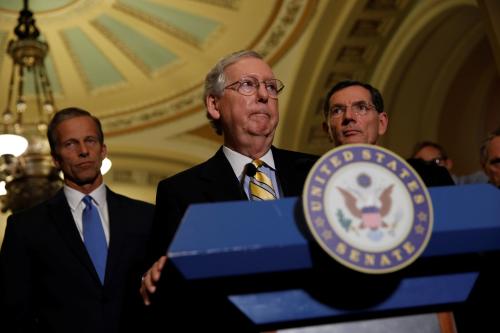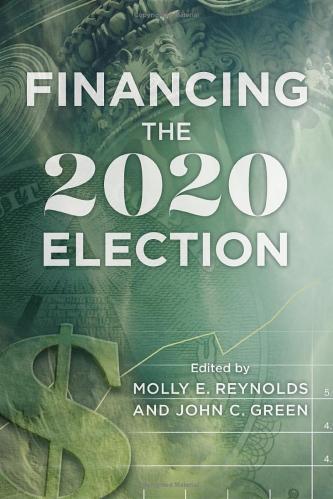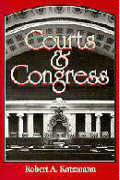In a democracy, the people are the ultimate jurors, and they have just delivered a powerful verdict on the controversy now roiling the Alabama senate contest. Like Senate Majority Leader Mitch McConnell, they “believe the women,” and by an overwhelming margin they think Judge Roy Moore should leave the race. These are the key findings from two national surveys released today. Alongside these survey results are two brute political facts: the voters of Alabama, not the nation, will determine the outcome of this Senate race; and then the entire Republican party will be held responsible for the consequences—which is why even Republicans outside of Alabama need to pay attention to this poll.
The Morning Consult/Politico survey found that 60 percent of Americans regard as “credible” the reports that Moore had inappropriate sexual relationships with teenage girls. Only 17 percent disagreed. Quinnipiac found much the same: by a margin of 51 to 19, Americans believe the charges against Moore.
Based on these beliefs, Morning Consult/Politico reports, 60 percent think that Moore should end his Senate campaign, while only 16 percent think he should continue. Again, the Quinnipiac survey concurs: by a margin of 63 to 23, voters think Moore should get out.
Moore’s party is struggling with these questions. According to Morning Consult/Politico, 49 percent of registered Republicans regard the charges as credible; 30 percent disagree; and 21 percent are unsure. Quinnipiac finds even more uncertainty: 27 percent believe the charges, 36 percent do not, and fully 37 percent just don’t know.
The GOP is also divided about the path forward. Morning Consult/Politico finds that just 26 percent of Republicans believe that Moore should continue his run for Senate, while 50 percent think he should get out. Quinnipiac’s breakdown is more even but still negative—38 percent for staying in, 42 percent for leaving.
Not surprisingly, Republicans are deeply divided about their party leaders’ response to this situation: 31 percent approve, 29 percent disapprove, and 40 percent are unsure, Quinnipiac finds.
As President Trump ponders whether to weigh in on this controversy, he may want to consider the views of his core supporters. By a margin of 40 to 26, according to Quinnipiac, white working-class voters say they believe Moore’s accusers, and 56 percent of them say that Moore should abandon his race, compared to only 27 percent who want him to tough it out.
If Moore wins and Senate Republicans allow him to take his seat, Democrats will make sure they become the “party of Moore” in every Senate race. Every Republican candidate will be asked where he or she stands, and every response will be no-win in a party deeply divided between mainstream conservatives, social conservatives, and Trump-style populists.
No wonder Colorado Sen. Cory Gardner, the head of the committee responsible for electing Republicans to the Senate in 2018, is talking openly about expelling Moore from the Senate if he wins the election.
The Brookings Institution is committed to quality, independence, and impact.
We are supported by a diverse array of funders. In line with our values and policies, each Brookings publication represents the sole views of its author(s).











Commentary
The Party of Moore? New national polls spell trouble for the GOP
November 14, 2017